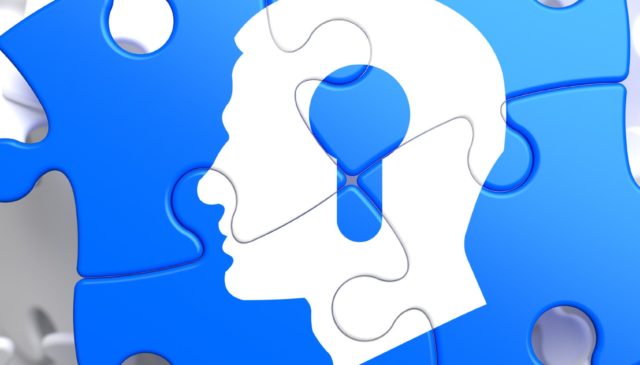
With the rise of the cannabis and hemp industries in recent years, cannabidiol (CBD) is now at least vaguely known to everyone. Most people have at least heard the term, and many have seen it on shelves from local cafes to mainstream health stores like Walgreens. Wherever you’ve seen or heard of CBD, there is a good chance you are aware that it is touted for several medical benefits that help with conditions such as pain, inflammation, various forms of epilepsy, and many others. According to a national survey, 14% of Americans admit consuming CBD products, with 40% reporting pain, 20% reporting anxiety, and 11% reporting sleep. [1]
With so many people reporting the medicinal benefits of CBD, it calls into question the psychological effects of CBD. Thanks to the legalization of cannabis and hemp in the United States, restrictions on research into cannabinoids like CBD are further relaxed, giving way to new and important research. In 2020, a systematic review was published that analyzes the available clinical research on CBD for use in various medical and psychiatric conditions and provides several promising results.
When compared, for example, with anxiety, the review found that CBD decreased neurons that cause anxiety, “and infusing CBD directly into the amygdala neurons resulted in decreased anxiety-related behavior”. For those suffering from other psychological conditions like PTSD, a small study mentioned in the review found that “ninety-one percent of patients reported a decrease in nightmare symptoms” after being given oral CBD. [2]
The psychological relationship between CBD and depression also looks positive, with animal models showing a “significant antidepressant-like effect after administration of CBD”. Human studies found that “CBD is a microglial stabilizer in vitro that is similar to the drug lithium that may be beneficial for depression and mood stabilization.” [2]
Even when compared to more intense psychological conditions such as psychosis, especially in schizophrenia, the review says, “In studies of animal models of schizophrenia, CBD has shown that it improves psychotic symptoms.” [2]
All of these pointers are promising indicators that CBD has positive psychological effects, but keep in mind that each person’s biological makeup is extremely unique. The differences between one person’s neurological and mental health to another are extremely individual. This makes your unique properties very important when deciding whether or not CBD can have the same positive psychological effects as the literature discussed.
References:
1 – Brenan, M. 14% of Americans say they use CBD products. Gallup poll. 2019. https://news.gallup.com/poll/263147/americans-say-cbd-products.aspx
2 – Oberbarnscheidt, T., et al., The Influence of Cannabidiol on Psychiatric and Medical Disorders. Journal of clinical medical research. 2020 July; 12 (7): 393-403. https://www.ncbi.nlm.nih.gov/pmc/articles/PMC7331870/
